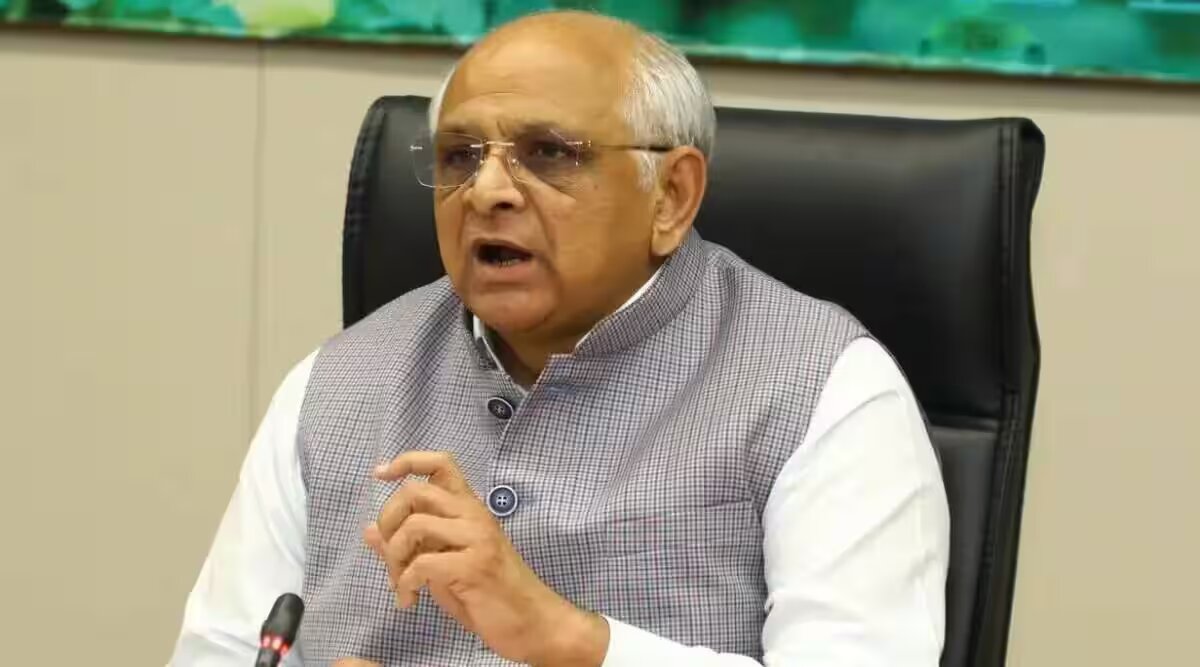By – Shubhendra Singh Rajawat
The Gujarat Freedom of Religion Act, which punishes forceful or dishonest religious conversion by marriage, was updated by the state government in 2021.
Bhupendra Patel, the chief minister of Gujarat, has stated that his administration will look into the possibility of passing a law requiring parental permission for love marriages, but only if it is in accordance with the constitution’s requirements. The idea was made in response to concerns expressed by several influential those who live in the state.
During an event organized by the Sardar Patel Group in Mehsana on Sunday, the chief minister shared observations from his conversation with the health minister Rushikesh Patel.
“Before I arrived, (cabinet minister) Rushikesh Patel advised me that we should examine the instances of girls eloping and conduct an extensive research with the goal of requiring parental approval for love marriages. We will conduct research and work to produce the greatest results we can if the Constitution permits it, Patel added.
Congress MLA Imran Khedawala has come out in favor of requiring parental approval for love marriages.
“At a time when parents have been ignored in love marriages, the government wants to build a specific system that is legally acceptable… The CM has promised to do a study on necessary parental approvals. “If the government introduces such legislation in the assembly session, I will support them,” he stated.
In 2021, the state government updated the Gujarat Freedom of Religion Act to make aggressive or fraud religious conversion by marriage illegal. If a person is found guilty, the updated law provides for up to ten years in jail.
Later, the Gujarat High Court blocked several controversial provisions of the Act, and its decision was challenged in the Supreme Court, where it is still pending.
During a March debate in the Gujarat assembly, BJP MLA Fatehsinh Chauhan connected love weddings to crime and stated that making parental approval necessary would reduce the state’s crime rate.
“Marriages performed without parental consent contribute to the state’s crime rate.” If such weddings are registered with parental consent, the crime rate might drop by half. The existing practice of registering judicial weddings in districts other than the couple’s home frequently results in document hiding, culminating in terrible scenarios in which the girl suffers or the parents are pushed to extreme measures like as suicide. Furthermore, parents who are preoccupied with their careers may find it difficult to care for their daughters, leaving them subject to exploitation by anti-social groups who lure them into elopement.”
During the same assembly debate, Congress MLA Geni Thakore made a similar demand to address the issue. She underlined the significance of protecting females from potential harm caused by boys with criminal records or those who are unable to find marital partners.
“Our goal is not to prevent love weddings; rather, we want to make sure that females are not drawn into partnerships by boys who have a history of crime or who are desperate, as this could result in harassment and suffering for the girls involved. We suggest amending the law to require that registration of marriages take place in the girl’s taluka of residence, after the traditional marriage procession, and in the girl’s village. To protect her safety and wellbeing, witnesses should also come from her own area, Thakore added.

